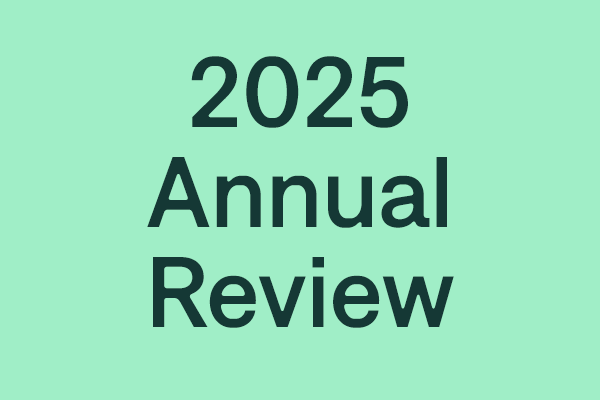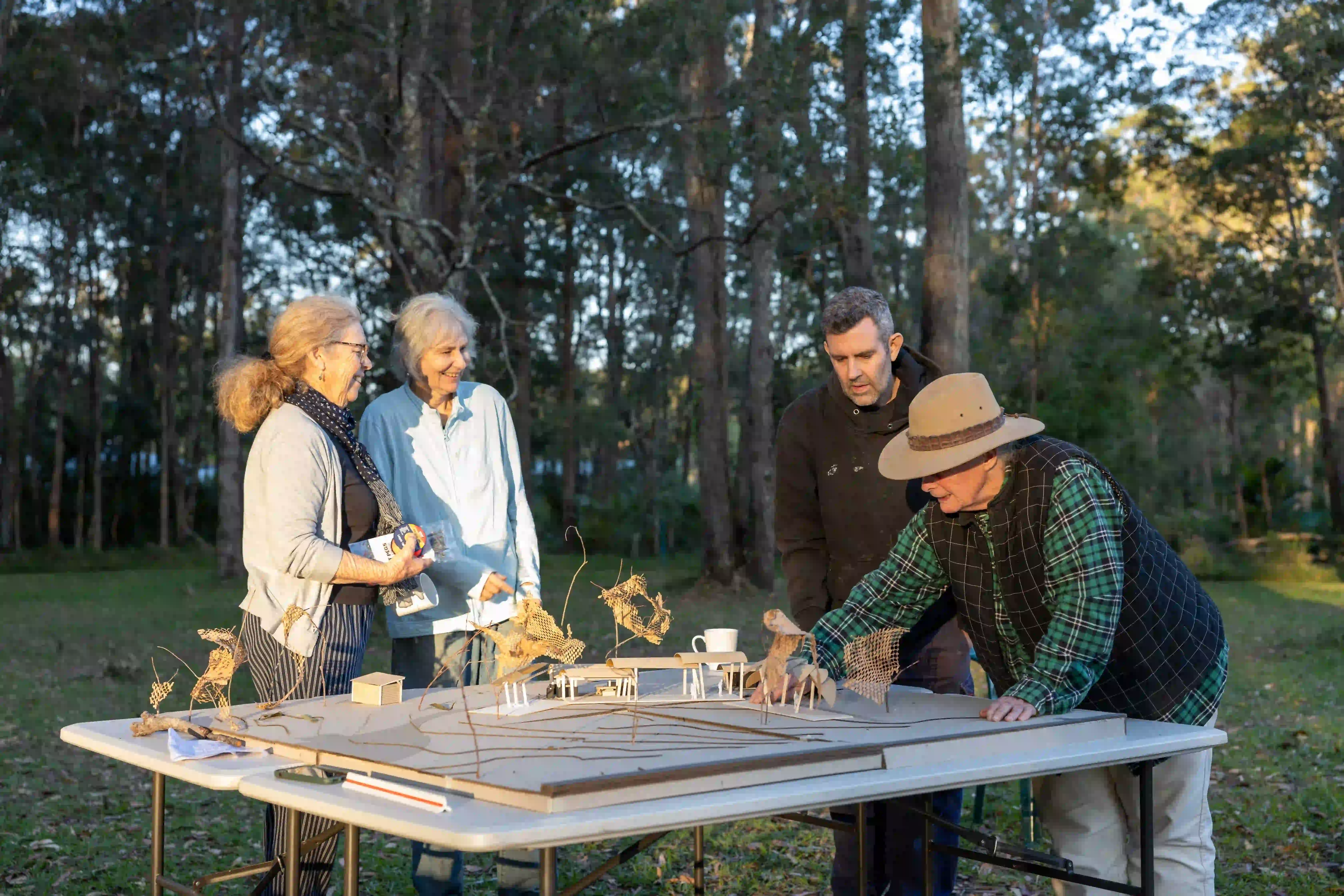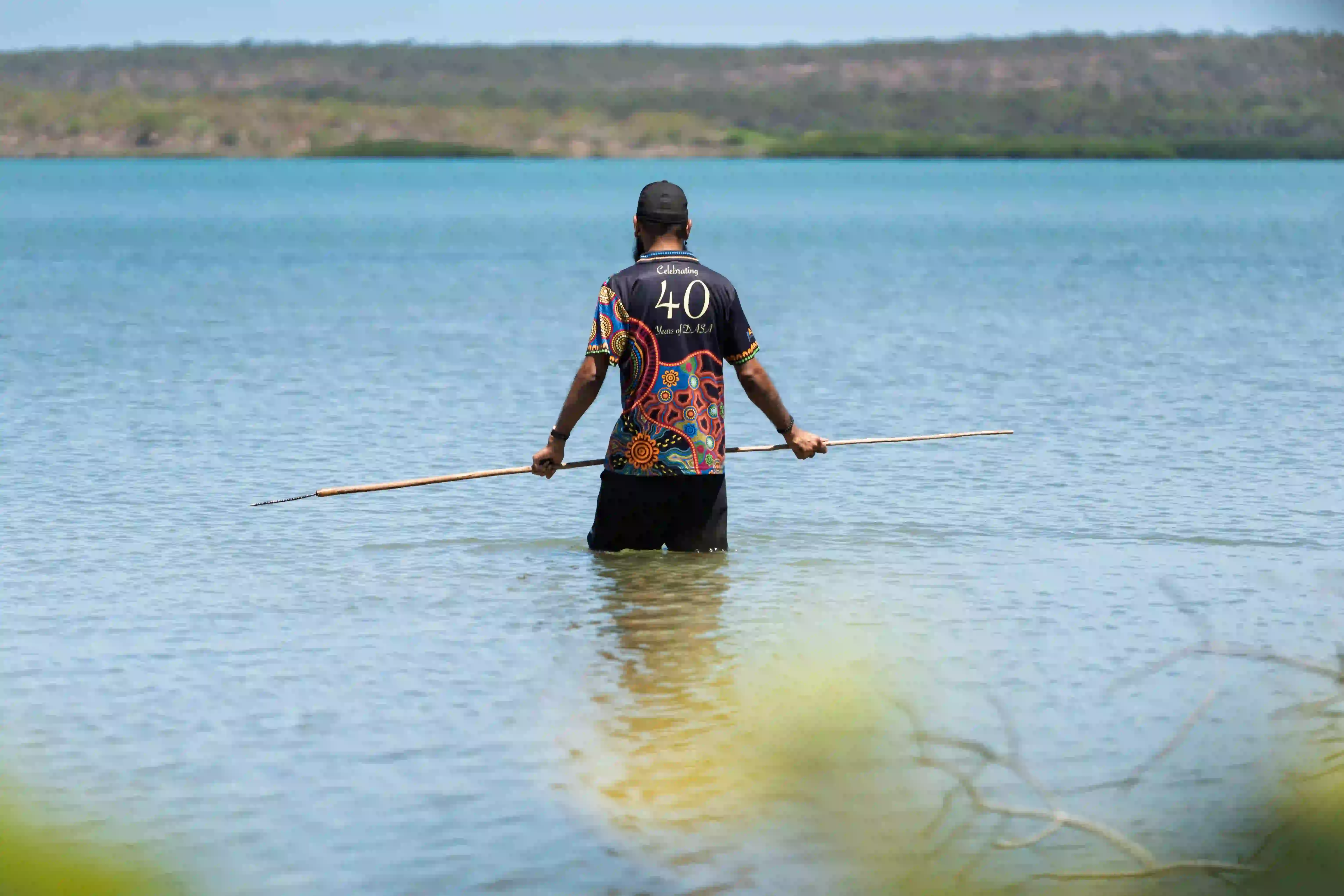The Paul Ramsay Foundation and the Judith Neilson Institute for Journalism and Ideas are jointly funding a radio documentary series on Australia’s recent bushfires. From the Embers will premiere on community radio stations across the country from 21 April.
The world is now pre-occupied by the COVID-19 pandemic. This makes it easy to forget that only a few months ago, hundreds of communities across Australia were confronted with an unprecedented bushfire season which saw lives, homes and businesses lost and native flora decimated.
In an effort to tell and preserve their stories, the Community Broadcasting Association of Australia (CBAA) in partnership with nine community radio stations, has produced a nine-part radio series that takes listeners to the heart of communities devastated and traumatised by the bushfires.
Each episode explores a different theme. The first episode of the series, ‘Radio Saves the Day’, reveals just how important local radio can be for communities, delving into exactly what occurs if a transmitter burns down during a crisis. Episode 2, ‘Home and Housed’, will be released on 28 April and looks at the millions of animals endangered by the bushfires and the people who tried to save them. ‘Mosquito Army’, the third episode, explores just how far a community will go to protect their town.
The Chief Executive of the Paul Ramsay Foundation, Professor Glyn Davis, said it was a privilege to partner with the CBAA and the Judith Neilson Institute for Journalism and Ideas.
“Community radio stations are trusted and important contributors to local communities.
“For this series, they went out into their communities – despite COVID-19 – allowing people to give their own first hand experiences of the fires. This is an important and moving record of these experiences.”
The executive director of the Judith Neilson Institute, Mark Ryan, said radio was uniquely suited to bringing to life the danger and drama local communities experienced during the fires.
“These personal stories of courage and resolve, told by the community broadcasters who themselves played such a critical role during the crisis, makes for compelling listening and provides insights into how to better prepare for the next, inevitable bushfire season,” he said.
The series will also be available online as podcasts from April 28, on Apple Podcasts, Spotify, YouTube, TuneIn and iHeart Radio.
Media Contacts:
- Paul Ramsay Foundation – Kris Neill 0413 080 990; Michael Buckland 0401 089 932
- Judith Neilson Institute- Andrew Griffits 0415 841 808
- Community Broadcasting Association of Australia – Victoria Rouse 0481330886.
Community Broadcasting Association of Australia
The Community Broadcasting Association of Australia (CBAA) is the peak body for community broadcasting in Australia and an internationally recognised, not-for-profit cultural organisation.
The CBAA champions community broadcasting by building stations’ capability and by creating a healthy environment for the sector to thrive.
Paul Ramsay Foundation
The Paul Ramsay Foundation seeks to identify and partner with individuals, communities and organisations working to create an Australia where people can overcome disadvantage and realise their potential.
The late Paul Ramsay AO established the Foundation in 2006 and, after his death in 2014, left the majority of his estate to continue his philanthropy for generations to come.
His commitment to good works has allowed the Paul Ramsay Foundation to support the for-purpose sector with grants of more than $350 million since 2016 to more than 90 different partners, committed as we are to achieving lasting change.
About the Judith Neilson Institute for Journalism and Ideas
The Judith Neilson Institute supports quality journalism and storytelling. Its grants provide journalists with the resources they need to produce outstanding stories. Its education initiatives give journalists the skills they need to tell these stories in compelling ways. Its events promote well-informed, evidence-based discussion of the issues shaping the world.










